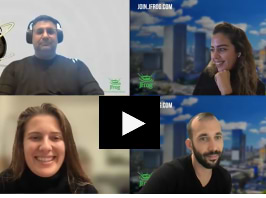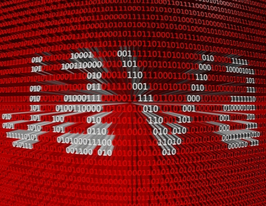Upside Down @JChampions Conference 2022
January 25, 2022
< 1 min read
At JChampionsConference 2022, Ixchel Ruiz share her thought-provoking talk. A new understanding of disruptive change is just one of several lessons we learned in the past two years. A tough one, that left us disoriented but open to improvement. This new world has challenges of its own.
Creativity, resiliency, and flexibility went from desired skills to minimum requirements in a new world where adaptation is the new rule.
This new paradigm demands we have strong, responsive, proactive, healthy teams. In the last 15 years, there have been several attempts to create diverse and inclusive teams, we need to double those efforts for the sake of new generations.






